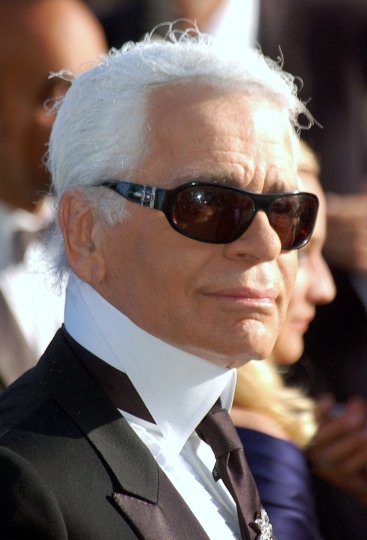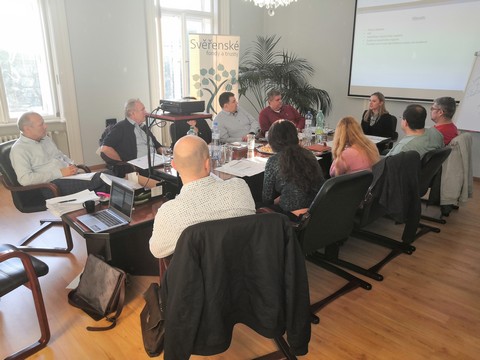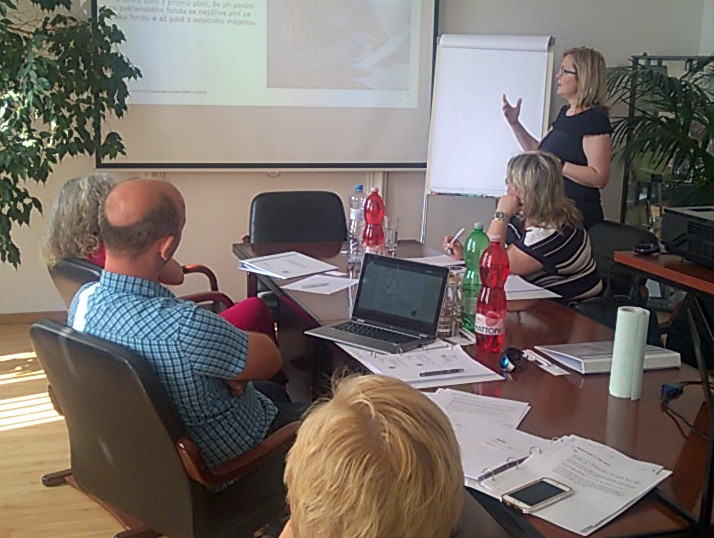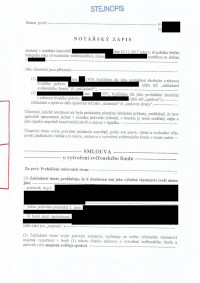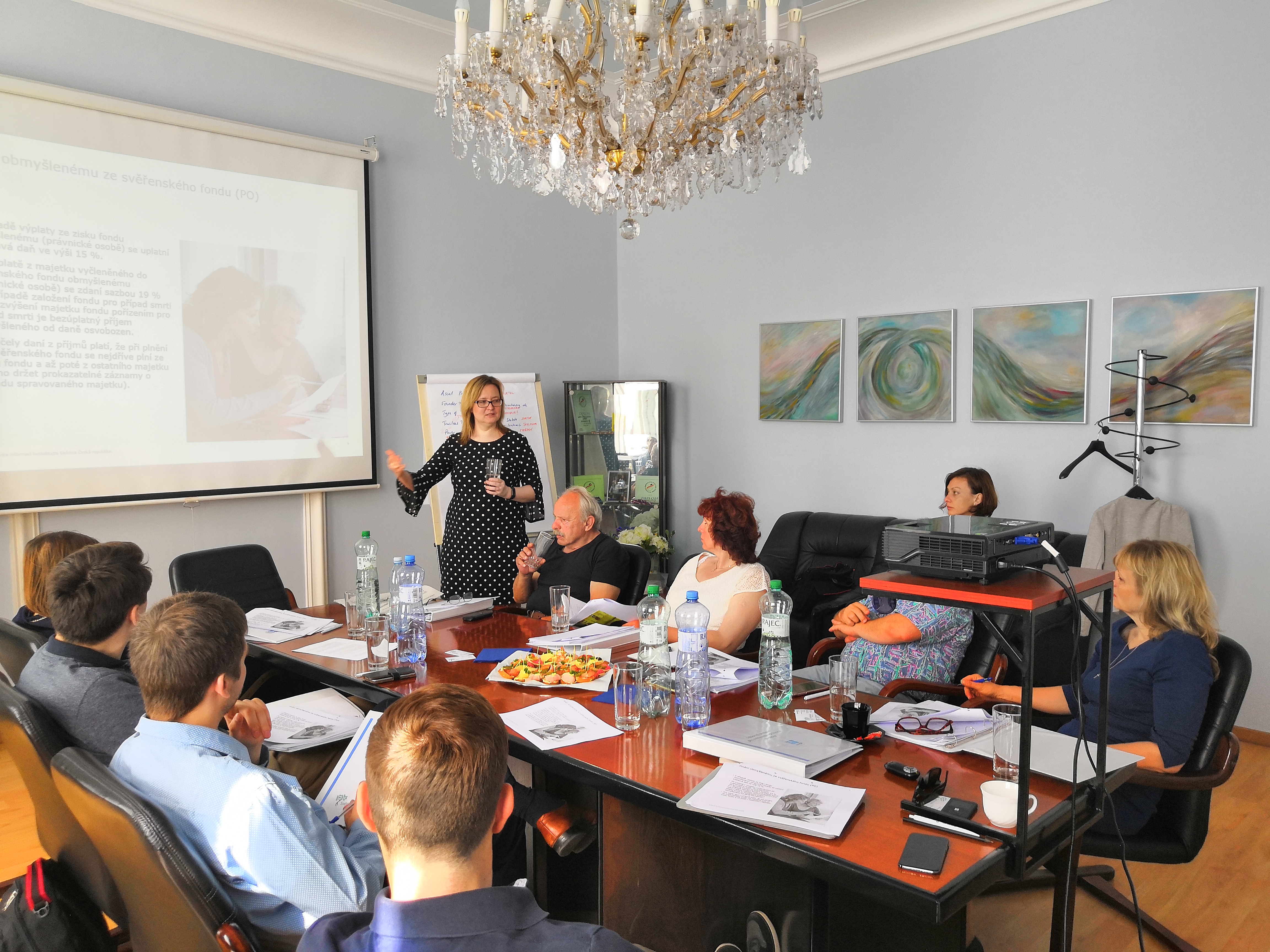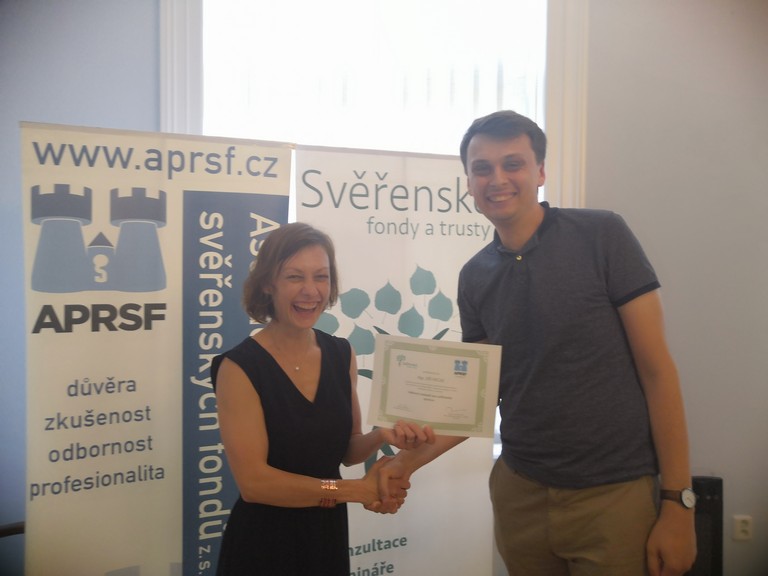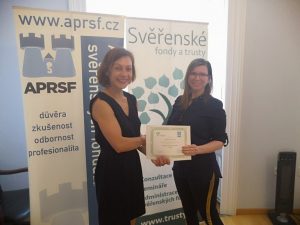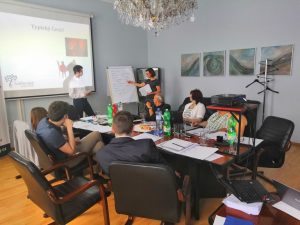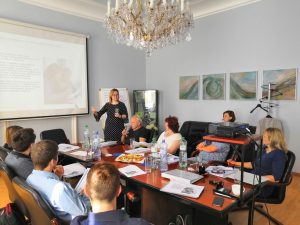In every life we have some trouble
But when you worry you make it double
Don’t worry, be happy.Bobby McFerrin
In 2003, Cornell University professor Karl Pillemer began a 10-year project interviewing the elderly. The result was his book; “30 Lessons for Living: Tried and True Advice from the Wisest Americans.”
He interviewed people who had lived not just through the Spanish flu pandemic but also the Great Depression, World War II and the Holocaust. It seems to us that the wisdom of these people is especially relevant in these troubling times.

The COVID-19 pandemic has had a devastating impact on many of us. It has highlighted that even the best managed and most successful businesses can fail, through no fault of their own. It has also highlighted that none of us are immortal. As a result, many people are now worrying about what will happen if they no longer able to run their business or it fails.
This worry might be natural, but one of the lessons from Prof Pillemer’s book is summed up by the quote from the well-known song at the beginning of this article. We should try not to worry.
Prof Pillemer’s interviewees all had the experience of worrying about an event, then going through that event and dealing with the fallout. According to Prof. Pillemer, they overwhelmingly agree: At best, worrying wastes time; at worst, it increases your suffering.
“They found that the best antidote to gnawing worries was taking action,” Pillemer said. “Preparation for the worst doesn’t just make sense for your protection; it also makes you feel empowered. From their experience of crisis, they advise that conscious, rational planning greatly reduces free-floating worry.”
For business owners, this is especially good advice. Both business succession planning and family protection are important topics, but they are also easy to overlook as something that you will ‘get around to later’. Most people know they are important but the pressures of day to day life have meant that these topics moved down the priority list.
In our experience, there are some things that bump these items back to the top of the list.
One of them is the failure of a friend’s business – and the often terrible consequences for the friend and his family.
Another is personal experience of an unplanned succession involving a friend’s business. People see and learn from the catastrophic consequences when tragedy strikes unprepared. They see the significant family conflict, the substantial financial losses, the distressing breakdown of previously strong relationships and ultimately the closure of successful businesses.
Given the current uncertainty we now face, there has never been a better time to develop plans to deal with these issues. Doing this will not just avoid a lot of potential financial and emotional heartache, but will also, at least according to both Prof Pillemer and Bobby McFerrin, make you feel much better.
The Planning Process.
Business succession and Asset Protection plans must always be tailored to suit your own individual business and family. As a first step, you need to ask yourself the following questions:
- What will happen to my business if I die tomorrow – without a plan?
- Is that OK? If not, then;
- what should happen? Important questions to think about here include; who should control my business? What role should my family play in the business? Should there be any rules and restrictions around the sale of the business or business assets.
- What will happen to my family assets if my business fails? What should happen?
A comprehensive plan will have procedures in place to deal with all these issues that are relevant to you. We are always available to help you refine your thinking and to answer any questions you might have.
What documents do I need? What is legally possible?
When you are thinking about your objectives you should focus on what it is that you would actually like to happen, without the limitations of what you think might and might not be possible.
That’s because this process is focused on the destination, not the route. Once we understand where you want to go, we can almost always find many ways to get you there. Our job is to show you’re the alternative routes and then help you choose the best one.
More inspiration?
If you would like some more inspiration to your thinking, we are happy to send you some more tools including a much more comprehensive list of ‘questions to ask’.
If you would like these materials, if you would like an initial consultation with us, or if you have any questions, please contact us.
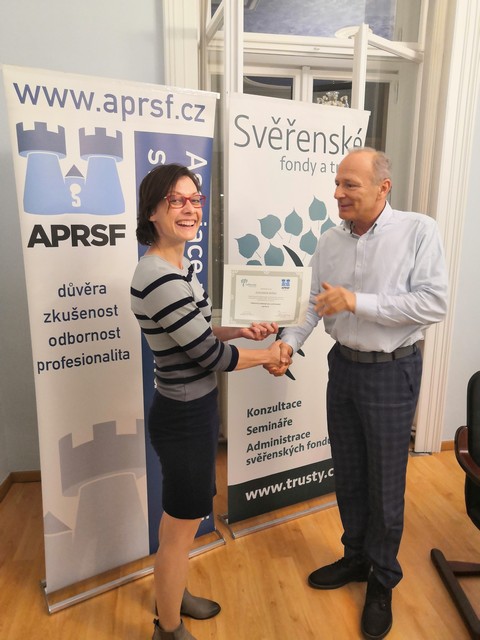

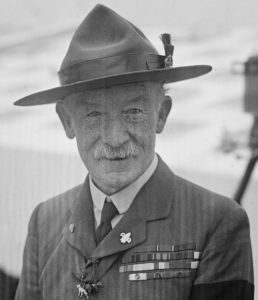 In 1907, Robert Baden-Powell came up with a motto for his new organisation, the Scouts. “Be Prepared”.
In 1907, Robert Baden-Powell came up with a motto for his new organisation, the Scouts. “Be Prepared”.
